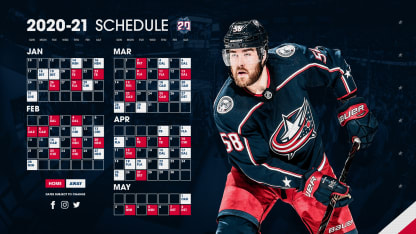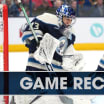A big question off the bat. "What's the same?" would probably elicit a shorter answer.
First of all, the Blue Jackets will be in a new division. Because of travel issues brought on by the pandemic, the league has created a Canadian-only division -- the (Great White) North -- and reconfigured the rest of the American teams. That means for this year only, the Blue Jackets will move from the Metropolitan Division to the Central Division, which includes Metro foe Carolina, as well as normal Atlantic Division teams Detroit, Florida and Tampa Bay as well as Chicago, Dallas and Nashville, who have moved from the Western Conference.
Secondly, it's a 56-game schedule rather than an 82-gamer, with the plan to finish up May 8 across the league in order to get in the usual two-month, 16-team battle royale that is the Stanley Cup Playoffs before the end of July. Teams this year will only play divisional squads, which means the Blue Jackets will meet the Hurricanes, Red Wings, Panthers, Lightning, Blackhawks, Stars and Predators eight times apiece.




















